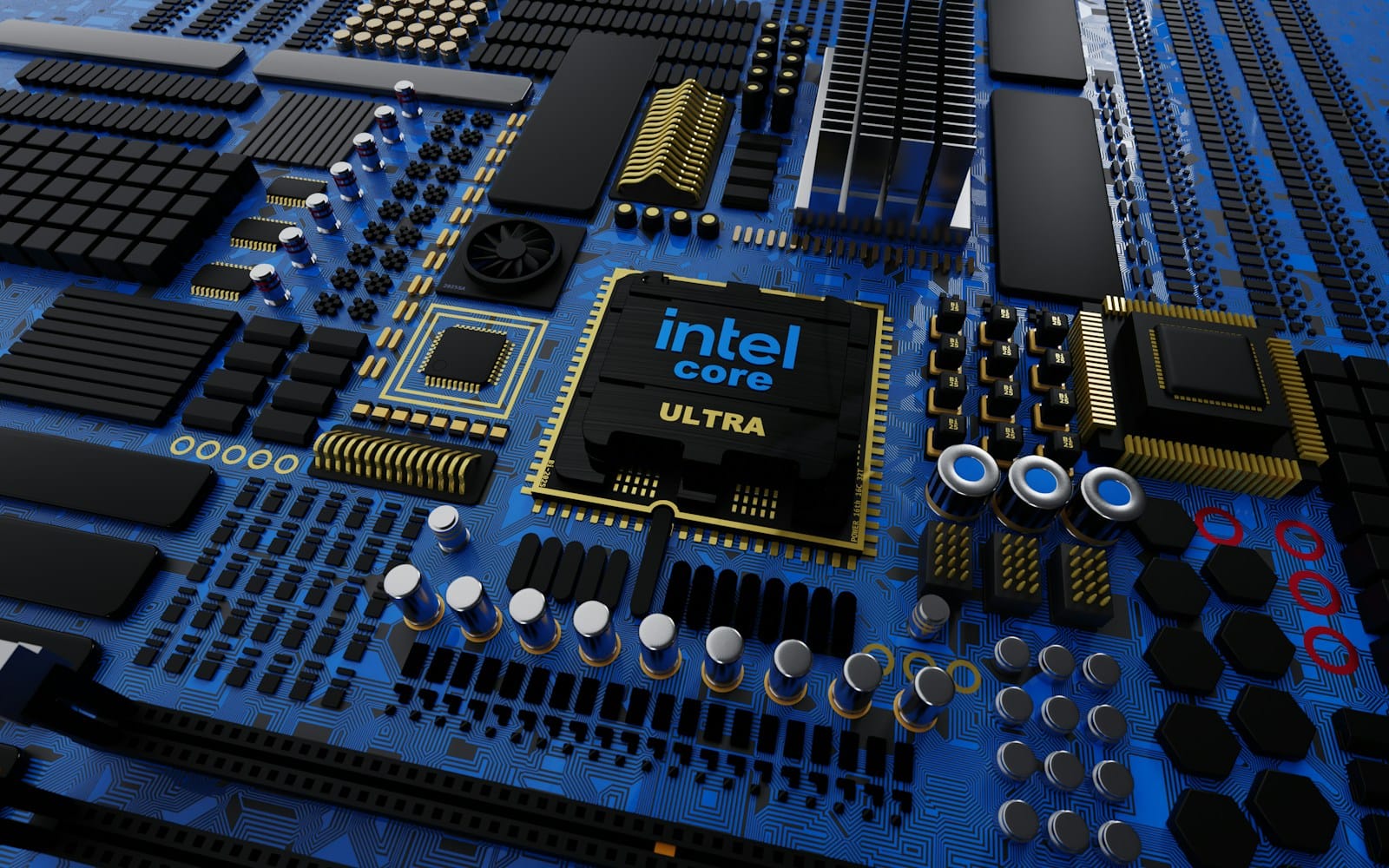Challenged by OpenAI Advancement, Intel Faces A Sharp Decline in Its Stock Price
Intel's second-quarter earnings led to a sharp decline in its stock price, wiping out over a quarter of its value in its worst trading day since 1974. For the first time in three decades, the tech giant's market value has dropped below $100 billion. Once a dominant force in the industry, known for its iconic "Intel Inside" slogan symbolizing top-tier quality, the company continues to grapple with bringing a breakthrough AI chip to market.

Intel, once the undisputed leader in the semiconductor industry, faced a significant turning point between 2017 and 2018 that could have redefined its role in the tech landscape. During this period, the company had the chance to invest $1 billion in OpenAI, securing a 15% stake with the potential for an additional 15% contingent upon producing hardware at cost. At the time, OpenAI was emerging as a non-profit pioneer in the developing field of generative AI. However, under CEO Bob Swan’s leadership, Intel ultimately declined the opportunity, deeming generative AI too uncertain to yield immediate financial returns.
This decision highlights the broader challenge that established tech giants often contend with: the tension between short-term financial stability and long-term strategic innovation. Intel’s hesitance to invest in a promising sector such as generative AI reflects a risk-averse approach that may have lasting consequences. At the time of the proposed investment, OpenAI was still in its infancy, focusing on researching AI while prioritizing safety and ethical considerations. Intel’s inability to recognize the transformative potential of OpenAI’s technology has proven to be a significant miscalculation.
As the landscape shifted, the repercussions of Intel’s decision became increasingly apparent. Fast forward to 2024, and OpenAI has skyrocketed in value to approximately $80 billion, emerging as a key player in the AI market with its flagship product, ChatGPT. Meanwhile, Intel’s market capitalization has fallen below $100 billion for the first time in three decades, highlighting a sharp decline for a company that once stood as a cornerstone of the tech sector.
We do news. We don’t do cookies.
Our website does not collect, store, or share any user data. If you enjoy our content and value your privacy, consider supporting us.
In stark contrast, rivals like Nvidia have thrived in this new environment, boasting a staggering market cap of $2.6 trillion, further exacerbating Intel’s challenges to maintain relevance in an industry rapidly evolving due to AI advancements.
Intel’s past is riddled with missed opportunities beyond just the OpenAI investment. The company’s decision to forgo producing processors for Apple’s iPhone further demonstrates its struggle to pivot effectively toward emerging trends, ultimately losing out on a crucial market segment as smartphones became a cornerstone of modern life and business.
Despite these setbacks, Intel has recently announced plans to release its third-generation Gaudi AI chip, signalling a renewed commitment to innovation in the AI hardware sector. However, doubts persist regarding whether these efforts will be enough to close the gap with competitors that embraced the AI wave early on.
As the tech industry stands on the brink of an AI revolution, Intel faces significant challenges in its quest to regain its innovative stature. The need to identify and invest in breakthrough technologies is more critical than ever for companies hoping to achieve long-term success. Intel’s narrative serves as a cautionary tale for corporate leaders, emphasizing the importance of balancing immediate financial concerns with visionary decision-making in the face of rapid technological change. The future of Intel remains uncertain, raising vital questions about its ability to reinvent itself and reclaim its position in the AI landscape amidst evolving competition.